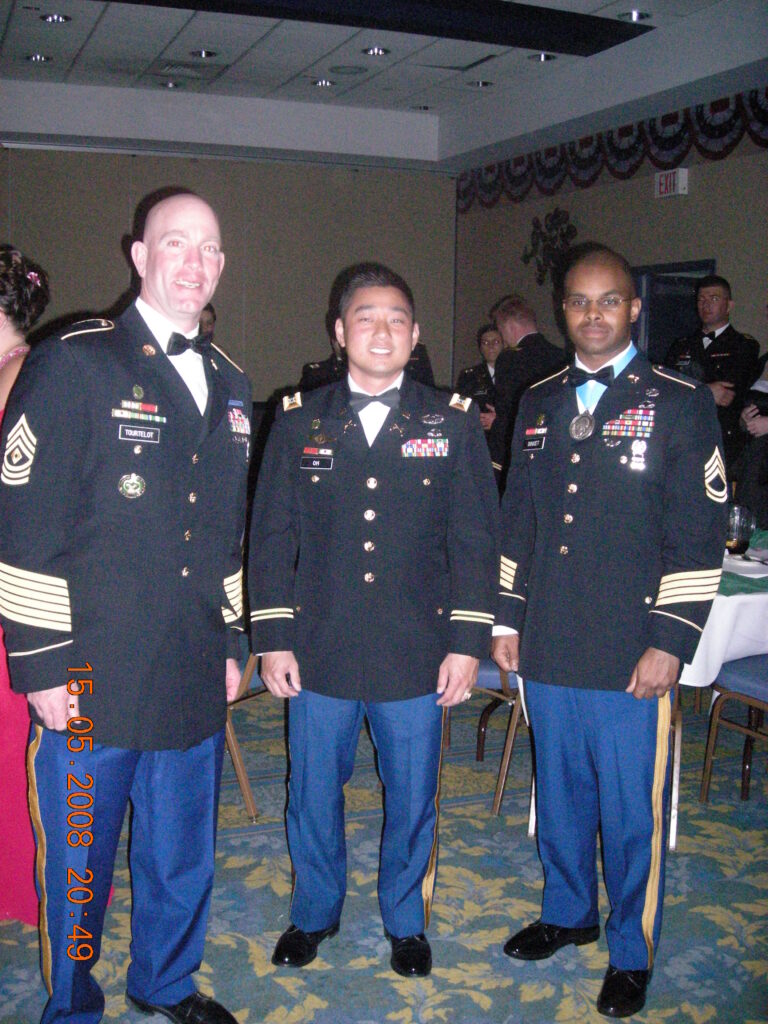Leadership is solving problems. The day soldiers stop bringing you their problems is the day you have stopped leading them. They have either lost confidence that you can help or conclude you do not care. Either case is a failure of leadership. – Retired Four-Star General & U.S. Secretary of State Colin Powell.
Throughout my time as a Team Leader, Platoon Sergeant, and First Sergeant in the United States Army, I have never felt more pride and honored to have helped soldiers and their families. Basically, being in a position to solve problems comes with a high level of responsibility, which not all problems are the same when dealing with soldiers and their families.
Sometimes as a leader, you have to put things and/or situations all on the line in order to get results; that is, you may lose your job or get reprimanded for going to bat for one of your subordinates.
In either case, that soldier is looking to you for guidance, support, backing, and answers.
You don’t have to have all the answers; however, you are expected to lean forward and find the way. Essentially, people want to know that you have their back, and you are going to be factual, authentic, and straightforward (i.e., no sugar coating).
After my second tour in Iraq (2006 – 2008), the 543rd Military Police Company returned to Fort Drum, New York – Home of the 10th Mountain Division (motto “Climb to Glory”).
We were very excited because that deployment was a 15-month deployment, in which the so-called “Surge in Iraq” in 2007 took place, where we faced sniper attacks, IEDs (Improvised Explosive Devices), EFPs (Explosive Fabricated Projectiles), and VBIEDs (Vehicle Borne Improvised Explosive Devices) and many other threats on the streets of Iraq.
Unfortunately, our company lost two heroes (SGT Mickel D. Garrigus and SGT Paul T. Sanchez).
Most military leaders will only talk about their time in combat, which we have all experienced the sacrifices and hardships. However, once home, the battle continues; hence, this is where leadership is most needed.
I have read and viewed many blogs, news articles, podcasts, and books on leadership, to included many top leadership gurus on the topic of leadership. However, most of these individuals don’t understand or have no clue about what it’s like to come back from the battlefield and assist soldiers and their families in getting to a sense of normalcy.
For instance, one of my soldiers (I will not use names) came back home from that 15-month deployment to find that his wife was pregnant. That’s right; the baby was for someone else. As his Platoon Sergeant, I had to get up in the middle of the night and remove the soldier from his home, because he could not handle that situation.
Next, another one of my soldiers had a relationship with a minor in which he was sent to prison. The two met on social media in which she was 16 years of age and he was 19 years of age. As his Platoon Sergeant, I had to notify his mother and father of the charges and their next steps in his case.
Please let me know what leadership book, blog, news article, etc…talks about these situations?
Nevertheless, I could go on; however, leadership is a 24 hour – 7 days a week responsibility. If you want the title “leader,” it comes with some late nights, early mornings, and tough conversations up and down the chain of command.
Overall, the keyword throughout this post is “empathy.” That is, perspective taking, emotional understanding, and caring; essentially, looking at others’ viewpoints, stepping into someone else’s shoes, and having the overall genuine concern for their health and welfare.

